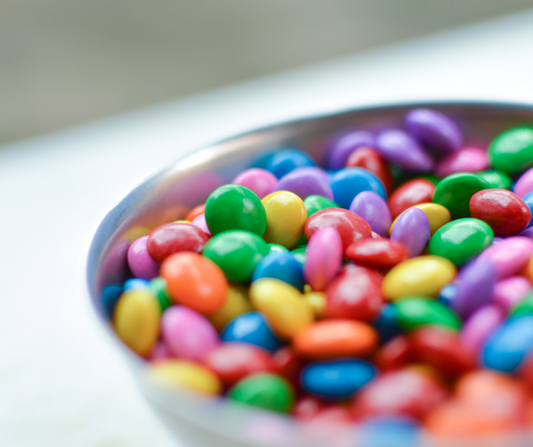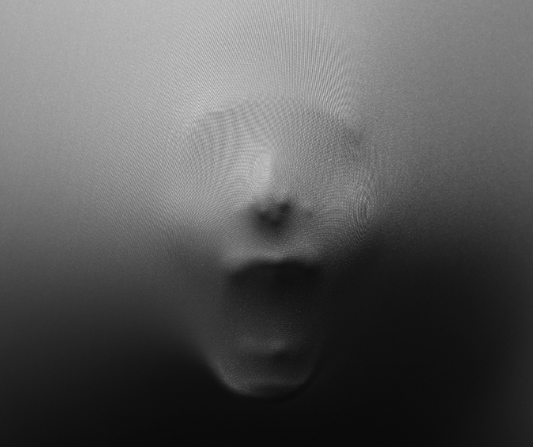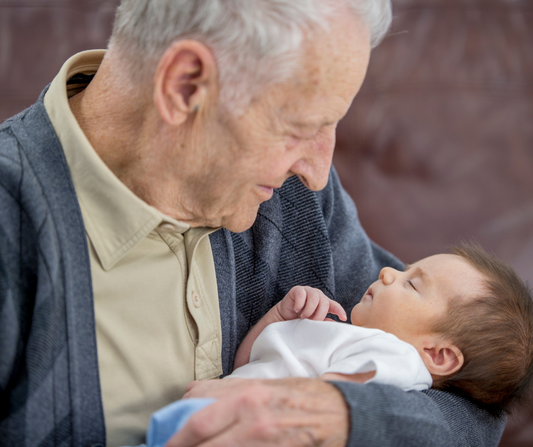We’ve all heard the phrase “I need my beauty sleep,” but how much of it is just a popular saying, and how much is backed by science? While it might sound whimsical, the science behind sleep's impact on beauty is undeniable.
Sleep plays an essential role in how we look, feel, and even maintain our overall health. From clearer skin and fewer wrinkles to better weight management, your nightly rest is doing more for your appearance than you might realize.
How Sleep Deprivation Impacts Your Appearance
Failing to get adequate sleep can take a serious toll on your appearance. Just one night of poor sleep can result in visible changes to your skin, eyes, and overall demeanor. Here's what happens when you skimp on sleep:
- Pale, dull complexion: A lack of sleep can drain the natural color from your face, leaving you looking washed out and tired.
- Wrinkles and fine lines: Sleep deprivation reduces collagen production, which is vital for maintaining your skin’s elasticity. Over time, this can result in premature aging and deeper wrinkles.
- Dark circles and puffiness: Insufficient sleep affects the delicate skin around your eyes, causing puffiness and those dreaded dark circles that are a telltale sign of fatigue.
The Science Behind Beauty Sleep
While "beauty sleep" might sound like a fairy tale, there's concrete science behind the claim. When you sleep, your body works diligently to repair and restore itself, which has a direct impact on your appearance. Here’s what happens during those crucial hours of rest:
- Increased growth hormone production: This hormone is essential for cell repair and muscle growth, which aids in maintaining a youthful and refreshed appearance.
- Lower cortisol levels: Sleep keeps your stress hormones in check. Cortisol can wreak havoc on your skin, leading to breakouts, inflammation, and accelerated aging.
- Improved circulation: A night of quality sleep ensures better blood flow, which helps keep your complexion vibrant and radiant.
Sleep Deprivation and Weight Gain: The Hidden Connection
Sleep doesn’t just affect your skin—it can also influence your weight. Chronic sleep deprivation is linked to hormonal imbalances that trigger hunger and lead to weight gain. Specifically, sleep deprivation raises levels of ghrelin, a hormone that increases appetite, while simultaneously lowering levels of leptin, the hormone that signals fullness. As a result, individuals who are sleep-deprived often have a higher Body Mass Index (BMI) than those who are well-rested.
What We Have Learned
So, is beauty sleep a myth or reality? The evidence is clear: beauty sleep is real, and it's a critical part of maintaining not only your appearance but your overall well-being. While beauty may be subjective, there’s no denying the power of a good night’s sleep for enhancing your skin, hair, and body. The next time you’re tempted to stay up late, remember that prioritizing rest is a secret weapon in your beauty arsenal.
Make sleep a priority and let your body perform its magic while you rest!
Scroll down and sign up for our monthly newsletter to learn more.
Dream big, work hard, sleep ambitiously,
Joe Castignani



